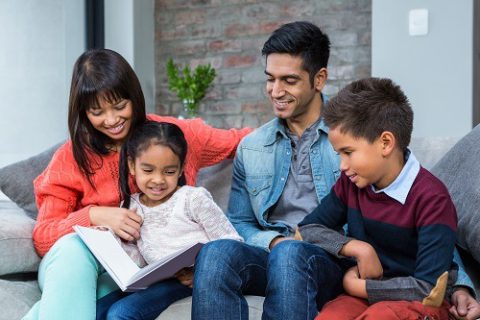Did you know that BME children usually wait longer to find their forever family? And that there are fewer BME adopters than white adopters?
Here at Adopters for Adoption, 16% of children that have been placed for adoption are BME. Although we’re proud of that figure, we’d like to see it rise much higher.
20% of our adoptive families have one or more BME parent, but did you know that you don’t need to be BME to adopt a BME child?

Although Local Authorities and Family Finders do try to place children with families that share a similar ethnicities and cultures, as this can help support and promote the child’s identity, transracial adoption is also possible. In fact, 4% of our families have a BME child but are not BME themselves. Whilst many potential adopters might say that it doesn’t matter what a child’s ethnic background or culture is, and this is said without any negative intention, in the sense that they can love any child no matter where they are from, a child’s heritage and culture really do matter.
Throughout your assessment with us, your social worker will work with you to discuss your matching considerations, including looking at what strengths and qualities you have to offer a child. Part of this will also look at your own heritage, culture and background, and your local community and support network to ascertain how you could promote a child’s heritage and culture.
Children that are waiting to be adopted have already been through so much in their lives and could have already suffered disruption, separation and loss. It’s incredibly important that their new adoptive family encourage them to keep a connection to their culture, heritage and religion to develop a feeling of self-belonging. This can help them develop pride in who they are and where they come from.
First4Adoption, the adoption gateway, offer a selection of online learning modules that you can complete; one of the modules is focused on Identity, Heritage and Life Story Work. We’d recommend taking a look to find out more.
If you think you could offer a child, any child, a safe and loving home it’s important to be prepared and know about their background and culture. Not only will you be ready for them to ask questions, you will also help them to be confident and proud of who they are and where they are from.
The idea is to create a positive journey for both you and your child, encourage them to embrace differences between cultures and be comfortable with who they are.
No matter if they are black children, white children or children from any other ethnic minority, we encourage you to do your research before adopting a child.

